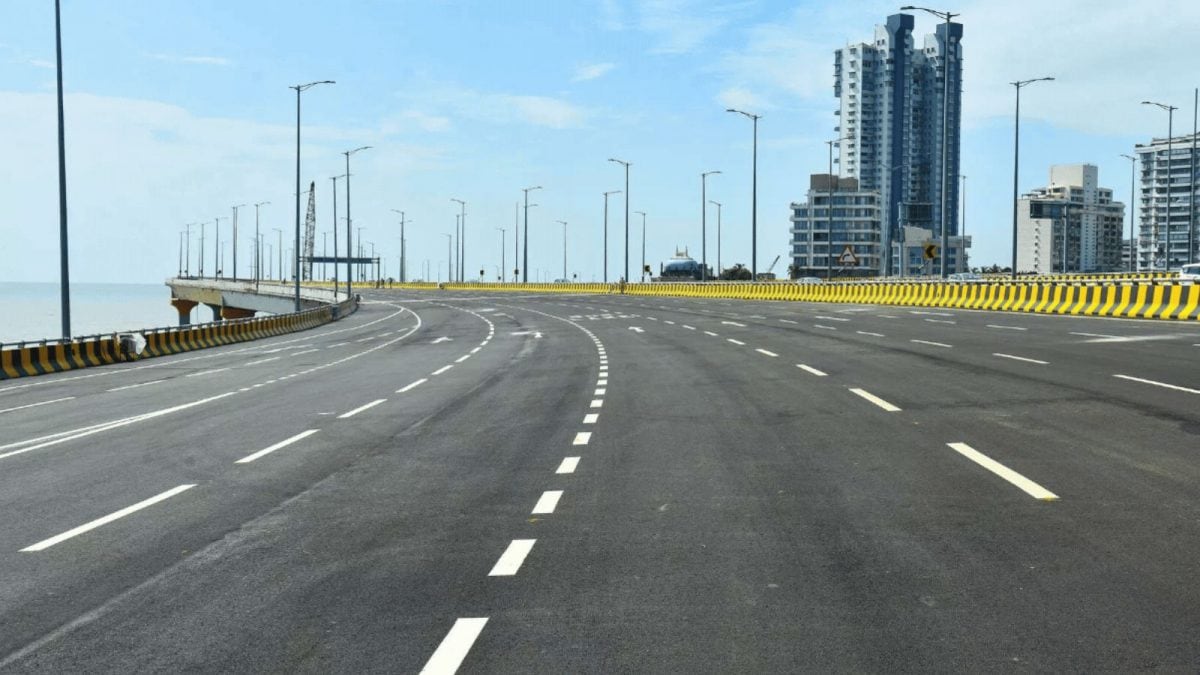Last Updated:
The aim of the reform is to improve the quality of project execution, reduce delays, and bring down the overall lifecycle cost of national highway projects

The reforms ban unauthorised subcontracting and third-party financial securities, aiming to ensure safer and more reliable highways. (Representational image)
The National Highways Authority of India (NHAI) on Wednesday announced stricter rules for highway contractors. The reforms ban unauthorised subcontracting and third-party financial securities, aiming to ensure safer and more reliable highways.
Recommended Stories
In a statement, the ministry of road transport & highways (MoRTH) said that the aim of the reform is to improve the quality of project execution, reduce delays, and bring down the overall lifecycle cost of national highway projects.
The clarifications from NHAI in the provisions of Request for Proposal (RFP) are aimed at strengthening contractor qualification norms, enforcing compliance in project execution, and enhancing transparency in financial submissions.
“Stringent conditions in various clauses under the RFP will help to ensure that only technically capable and experienced contractors qualify for the implementation of National Highway projects,” the statement reads.
With the new set of clarifications to the RFP, the ministry aims to ensure that national highway projects are awarded to contractors with proven technical and financial competence, executed by authorised and accountable entities, and monitored with greater regulatory oversight.
“These measures will facilitate delivering better infrastructure quality, timely completion of projects, and optimal use of public resources-thereby contributing to the development of a more efficient National Highway network,” MoRTH said.
Stricter Contractor Qualification
Among the changes is the clarification of the “similar work” criteria in bid qualification, which has often been misrepresented by contractors to gain eligibility for large-scale highway projects despite having experience only in minor or peripheral works that do not reflect the complexity and scale of full-fledged highway development.
“NHAI has now clarified that ‘Similar Work’ shall refer exclusively to completed highway projects that include all major components comparable to those required for the project for which the bid has been invited,” the ministry said.
Unauthorised Subcontracting in Highway Projects
The clarifications to RFP also seek to address the unauthorised engagement of EPC contractors in HAM & BOT (toll) projects and subcontractors in EPC projects. Instances have been observed where concessionaires or selected bidders have engaged contractors without the required prior approval of the authority or exceeded the permissible subcontracting limits.
Last month, the Public Accounts Committee (PAC) criticised the prevalent practice of multi-layered subcontracting in highway projects, stating that it causes a diffusion of accountability, cost discrepancies, and compromises on quality. Highlighting the poor condition of National Highway 66 in Kerala—marked by road collapses, cracks, and substandard construction—the panel warned that these issues could have led to tragic casualties if they had occurred after the road opened to the public.
“Such practices not only violate contractual norms but also pose risks to quality assurance, project timelines, and regulatory oversight. Any unauthorized sub-contracting and subcontracting beyond permissible limits will be classified as ‘undesirable practice,’ thereby attracting penalties on par with fraudulent practices,” MoRTH said, highlighting that the move will help to reinforce discipline in contract execution and safeguarding the integrity of the implementation process.
Ban on Third-Party Financial Securities
Another major component of the reform involves prohibiting the submission of “bid and performance securities” that are sourced from third parties.
“It has been reported that some selected bidders have furnished financial securities issued by third parties, which undermines the principle of accountability and raises concerns regarding enforceability and bidder liability. Now, it has been clarified to disallow such third party-sourced instruments, ensuring that only securities backed by the bidder or its approved entities are accepted,” the statement added.
The step is expected to enhance financial transparency and improve the enforceability of contractual obligations.
About the Author

Nivedita Singh is a data journalist and covers the Election Commission, Indian Railways and Ministry of Road Transport and Highways. She has nearly seven years of experience in the news media. She tweets @nived…Read More
Nivedita Singh is a data journalist and covers the Election Commission, Indian Railways and Ministry of Road Transport and Highways. She has nearly seven years of experience in the news media. She tweets @nived… Read More
September 17, 2025, 19:07 IST
Loading comments…
Read More



